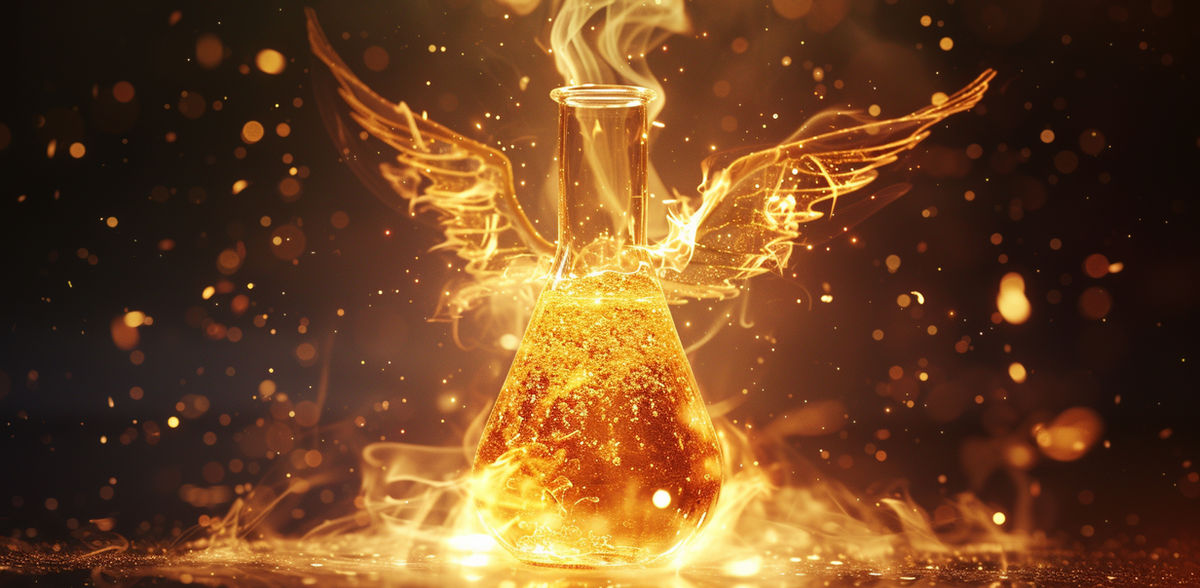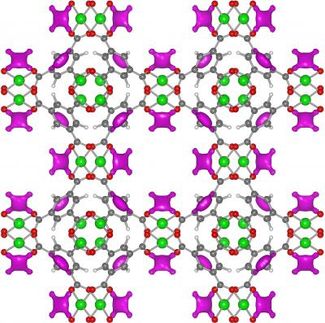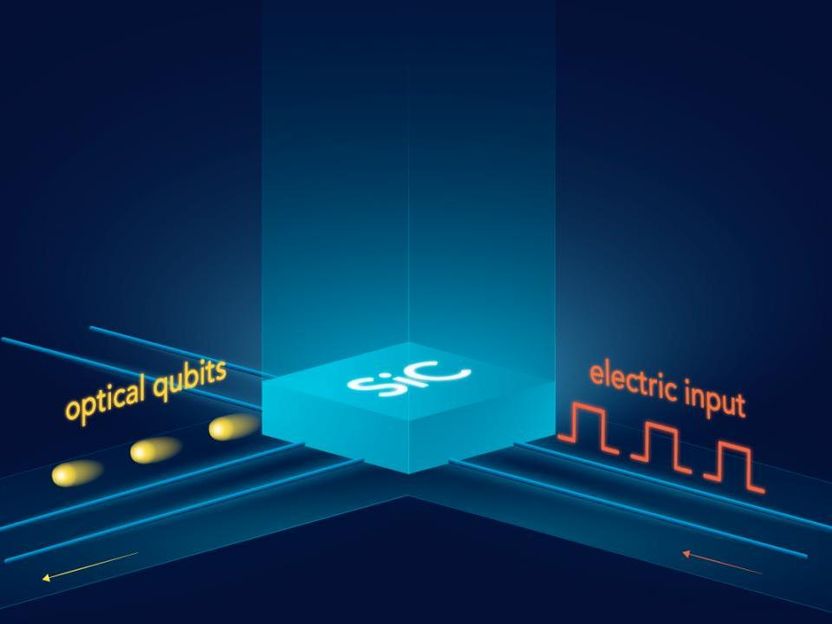Fermentation revolution?
Trash becomes treasure as bio-waste yields valuable acetone and isopropanol
Advertisement
In a major stride towards sustainable industrial fermentation, a team of researchers at Delft University of Technology (TU Delft) in The Netherlands, has unveiled pioneering advancements in the purification of isopropanol and acetone from the fermentation of waste gases. The study, published in SCI's Journal of Chemical Technology and Biotechnology, introduces novel processes that promise to elevate the efficiency and viability of large-scale production.
Isopropanol and acetone have a combined global market of $10 billion. Both chemicals are important industry solvents and isopropanol also has significant applications as a pharmaceutical ingredient due to its low toxicity. Conventional production relies on fossil carbon-dependent methods which are becoming less favourable as stricter environmental regulations come into place.
Overturning conventional production
A promising and more sustainable manufacturing process involves the recycling of industrial waste gases and syngas (a mixture of carbon monoxide and hydrogen which can be produced from bio-waste) using engineered bacteria. Notably, LanzaTech, a US based biotechnology company which is not connected to TU Delft’s research, are currently piloting this syngas fermentation method to produce isopropanol and acetone.
A potential barrier to scale-up of this technology comes at the product purification stage; limitations to the fermentation method mean product concentrations are low, resulting in a very dilute fermentation broth.
Anton A. Kiss, Professor of Chemical Engineering and Biotechnology at TU Delft and corresponding author of the study explained, ‘The challenge is to remove a large amount of water per kilogram of product, without high energy costs. This was addressed in our research by determining the optimal operating conditions that allowed significant process heat recovery.’
Highly efficient downstream processes
The team focused on two options for initial recovery of isopropanol and acetone: vacuum distillation and pass-through distillation. ‘Vacuum distillation was investigated as a classic method that can be used for recovery of volatile fermentation products, while pass-through distillation is a novel separation method that has never been implemented to complex mixtures,’ explained Kiss. He noted that the pass-through distillation method does not require the use of expensive refrigeration, which is needed for vacuum distillation.
Through the successful design of industrial-scale processes, high-purity isopropanol and acetone were obtained with recoveries of over 99.2%. The research revealed that all proposed processes are highly competitive with respect to both cost and environmental impact. When considering the integration of these processes into industrial plants, Kiss said, ‘Due to possible differences in availability of electricity and heating utilities, the optimal process design should be chosen depending on the exact plant location.’
Paving the way for sustainable industrial fermentation
The novel isopropanol and acetone recovery processes presented in this research mark a significant step forward in sustainable industrial fermentation. The team are now turning their attention to the purification of other high-value chemicals. Kiss explained, ‘We are designing recovery processes for various volatile chemicals from fermentation broth, to find general design rules. We are working on collaborations in which we can transfer our knowledge to companies who can implement these designs in industry.’




























































